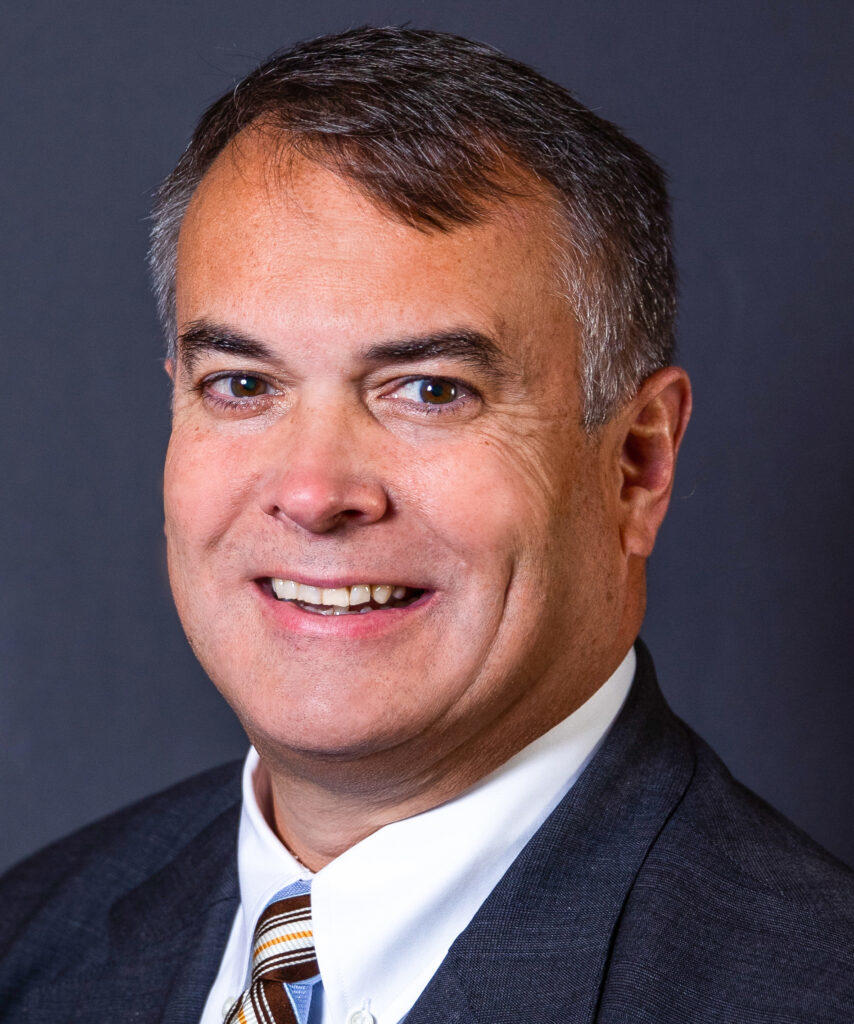
Section Branding
Header Content
Utility Worker Protection Act clears Georgia House committee
Primary Content

ATLANTA — Criminals who attack utility workers in Georgia would be subject to stiffer fines and prison sentences under legislation that cleared a state House committee Wednesday.
The House Judiciary Committee unanimously approved the Utility Worker Protection Act, sending it next to the House Rules Committee to schedule a vote of the full House.
House Bill 1033 is a follow-up to legislation the General Assembly passed last year providing enhanced penalties for intentionally damaging “critical infrastructure” including electricity, water, sewers, telecommunications, public transportation and public transit systems, hospitals, and emergency medical and rescue services.
“Last year, we protected the infrastructure,” Rep. Rob Leverett, R-Elberton, the bill’s chief sponsor, told members of the committee. “Now, we’re trying to give extra protection to the people who work on and maintain that infrastructure.”
Lee Swann, an investigator for the Georgia Transmission Corp., said attacks and threats of violence are not only occurring to electrical workers but to telecom employees.
“It’s a very real problem for us,” he said. “These are the people who are establishing the services to keep businesses running and keep your constituents online.”
Craig Camuso, regional vice president for government affairs for freight rail line CSX Corp., said rail workers and foresters clearing rights of way also are increasingly being victimized.
“This is happening more and more,” he said. “People are getting more brazen.”
Leverett’s bill would increase penalties that could be meted out for several categories of crimes against utility workers including simple assault, aggravated assault, simple battery and aggravated battery. Those found guilty of aggravated assault or aggravated battery would face prison sentences to three years to 20.
The legislation specifies that enhanced penalties only would apply to attacks on utility workers engaged in their official duties at the time of the offense.
This story comes to GPB through a reporting partnership with Capitol Beat.

